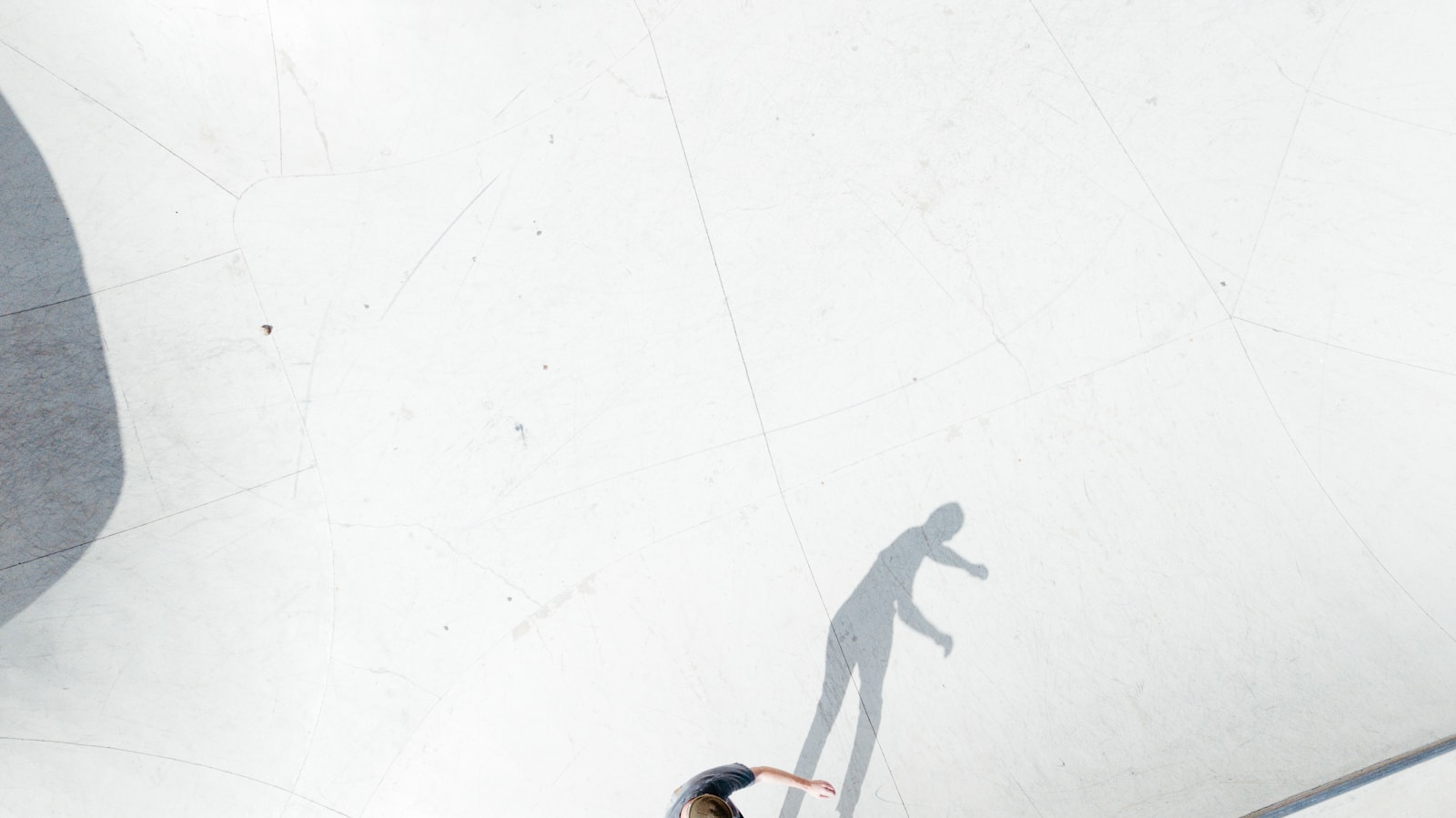
blanc

white
The French word for 'white' is 'blanc'. It's generally used in the same way as it is in English - to describe the color of something. However, it should be noted that all adjectives in French have to match the gender of the noun they're describing. So you might also see 'blanche' if the noun is feminine.
Example sentences using: blanc
La maison blanche est grande.

The white house is big.
This phrase again uses 'blanc' as an object descriptor, this time to describe the color of a house. This is a common usage in French.
Le papier est blanc.

The paper is white.
This example uses 'blanc' to describe the color of an object, the paper, in its natural form. This is a simple sentence structure frequently used in French.
J'aime le fromage blanc.

I like white cheese.
None
Le patient a un sang blanc.

The patient has white blood.
Though literal, this phrase is used to describe the unusual situation of a patient having leukocytosis, a condition marked by high white blood cell counts.
Les draps sont blancs.

The sheets are white.
This sentence uses 'blancs' (blanc in plural form) to describe the color of multiple objects - the sheets. 'Blanc' changes to 'blancs' because sheets is plural.
Elle portait une robe blanche.

She was wearing a white dress.
Here, 'blanché' is used to describe the color of clothing, a very common usage of this word.
Le loup blanc est solitaire.

The white wolf is lonely.
This sentence uses 'blanc' to describe the color of an animal. It also uses a color to help set the mood of the sentence, adding depth to the description of the lonely wolf.
Le drapeau blanc symbolise la paix.

The white flag symbolizes peace.
In this statement 'blanc' is used to describe the color of a flag, and to relate the color of the flag with its symbolic meaning.
C'est un chèque en blanc.

It's a blank check.
This phrase is a metaphorical use of 'blanc' to mean blank, not filled or not written.
Il voit tout en blanc.

He sees everything in white.
This phrase uses 'blanc' metaphorically to describe seeing everything positively, as white is traditionally associated with positivity in many cultures.